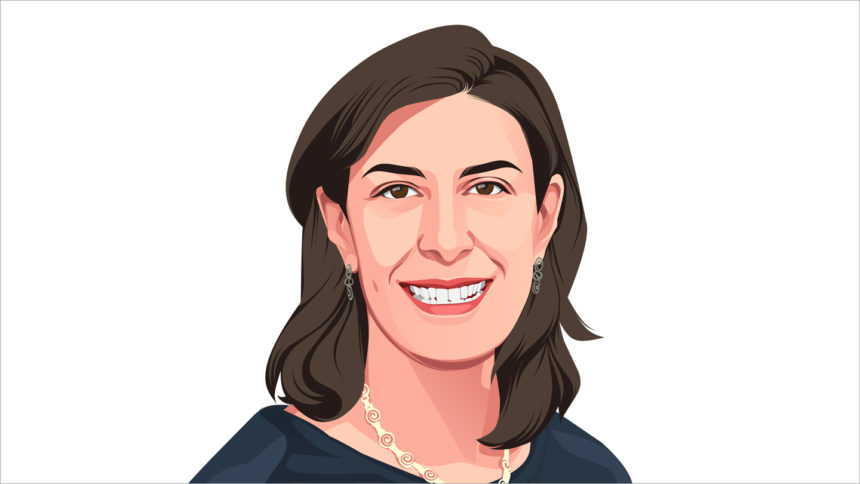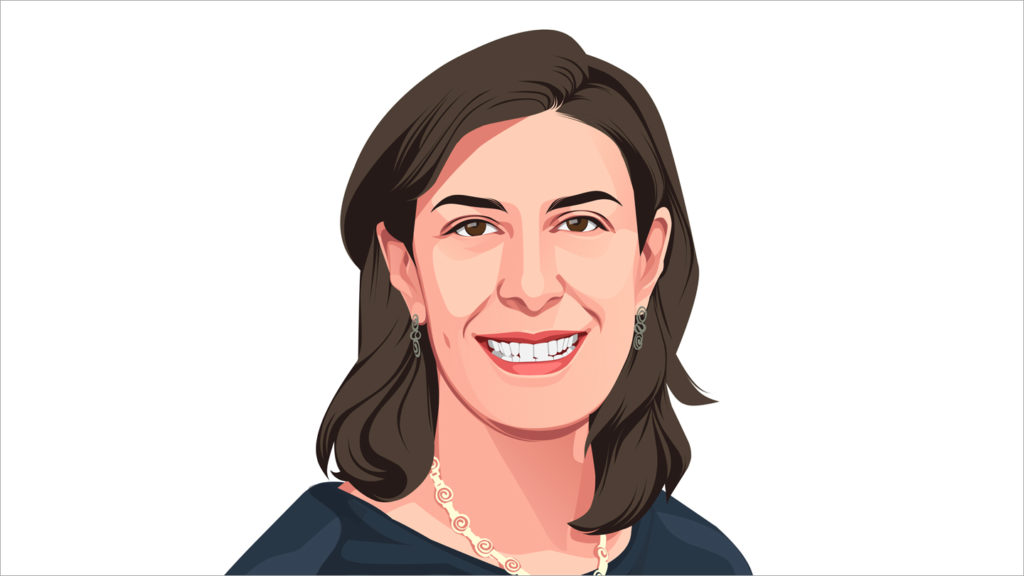
It seems we have entered the era of the family caregiver.
From legislation to government initiatives to private investment, there is unprecedented interest in the plight of family caregivers.
We can thank the caregivers themselves for helping to move the needle. Just recently, the wife of movie star Bruce Willis, who recently was diagnosed with frontotemporal dementia (FTD), revealed she was writing a book to share her experience as a caregiver. Her goal is to provide valuable information to caregivers whose loved ones recently were diagnosed with dementia. Doctor’s offices are not offering enough for family caregivers, she told The Hollywood Reporter.
“We left that office with close to no resources or support and with a diagnosis that I could hardly pronounce,” Emma Heming told the news outlet.
The lack of knowledge about dementia and FTD, specifically, is real, according to Lakelyn Hogan Eichenberger, PhD, a gerontologist with the home care company Home Instead, which trains its caregivers in dementia care. Two problems are, in part, to blame: Stigma and lack of a cure.
“There’s a lot of misconceptions around Alzheimer’s and dementia, and not a lot of people are talking about it,” she told McKnight’s Home Care Daily Pulse. “There’s also no cure or treatment, and so a lot of times, I think, on the healthcare side of things, when somebody’s given the diagnosis maybe a provider doesn’t feel like they have a lot to offer the family. They don’t have a treatment. They don’t have a cure, but [caregivers] could be connected to resources.”
And while there should be more, there are resources available. They include the Alzheimer’s Association, the Association for Frontotemporal Degeneration and Area Agencies on Aging. Eichenberger helps to spread awareness for caregivers of those with dementia and others with her podcast, Caregiver Chats.
Unfortunately, there is a particular lack of awareness around FTD — a rare type of dementia that is typically diagnosed in those under 60 and initially presents with problems with judgment and decision-making, as well as mood changes.
“I think that a lot of people that are faced with this type of dementia, they don’t have as much community support,” she said. “I think it’s awesome that Bruce’s wife is writing a book to share her story because hopefully it will create more education around FTD and what it is, but also more empathy for those that are going through it.”
Education tops the list of resources that dementia caregivers crave, she said.
“They just want to know: What can I expect?,” Eichenberger explained. “They also want to connect … They want to learn from other caregivers who have gone through it. And they want to know often, how can I help keep my loved one at home? Because a lot of people say ‘don’t put me in a nursing home’ … We can’t predict the future, but there’s so much we can do to keep someone at home as long as possible.”
Often it just takes a loved one falling to make a family member a caregiver. The more people can plan, the better, she advised.
The sooner you get a diagnosis of dementia, “the sooner you can start planning and digging into those resources, the better, because hopefully then the person with dementia can contribute to the decision-making in the planning,” she said. “But if you wait too long, then they might have progressed through the disease to a point where they’re not able to contribute and then the family’s left making decisions on their behalf and it might lead to some guilt on the caregiver’s part: Would my mom have wanted this? I don’t know what to do. So, of course, the more proactive the caregiver can be the better, but it’s not always the case.”
Not an easy situation for anyone. Liza Berger is editor of McKnight’s Home Care. Email her at [email protected].


